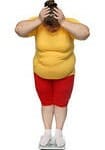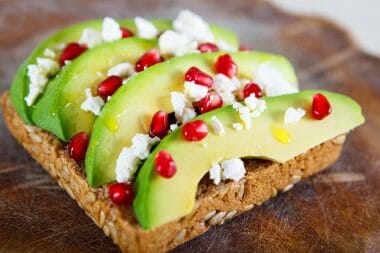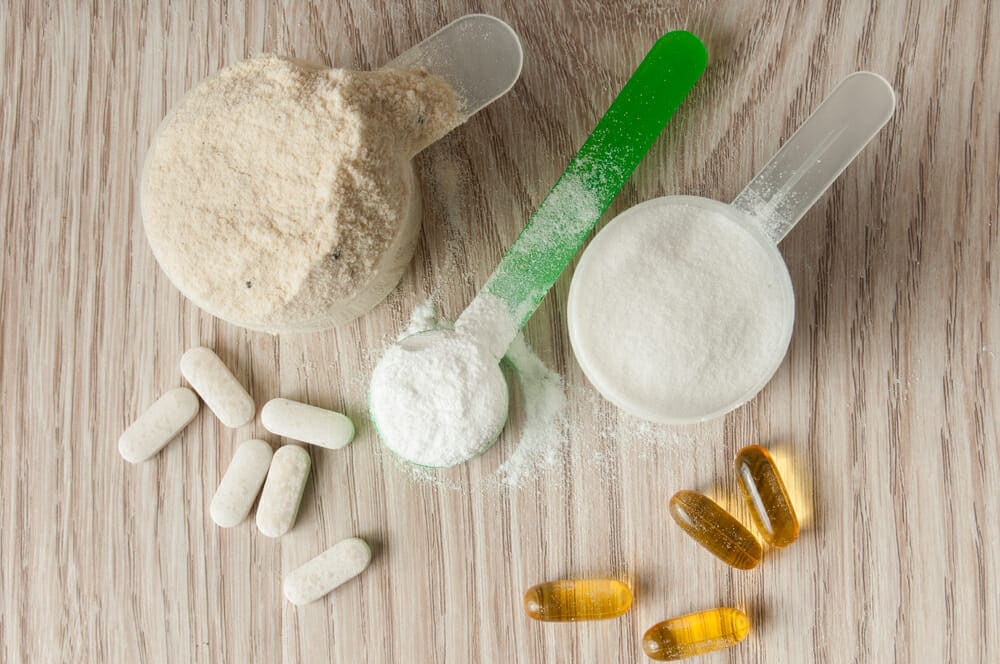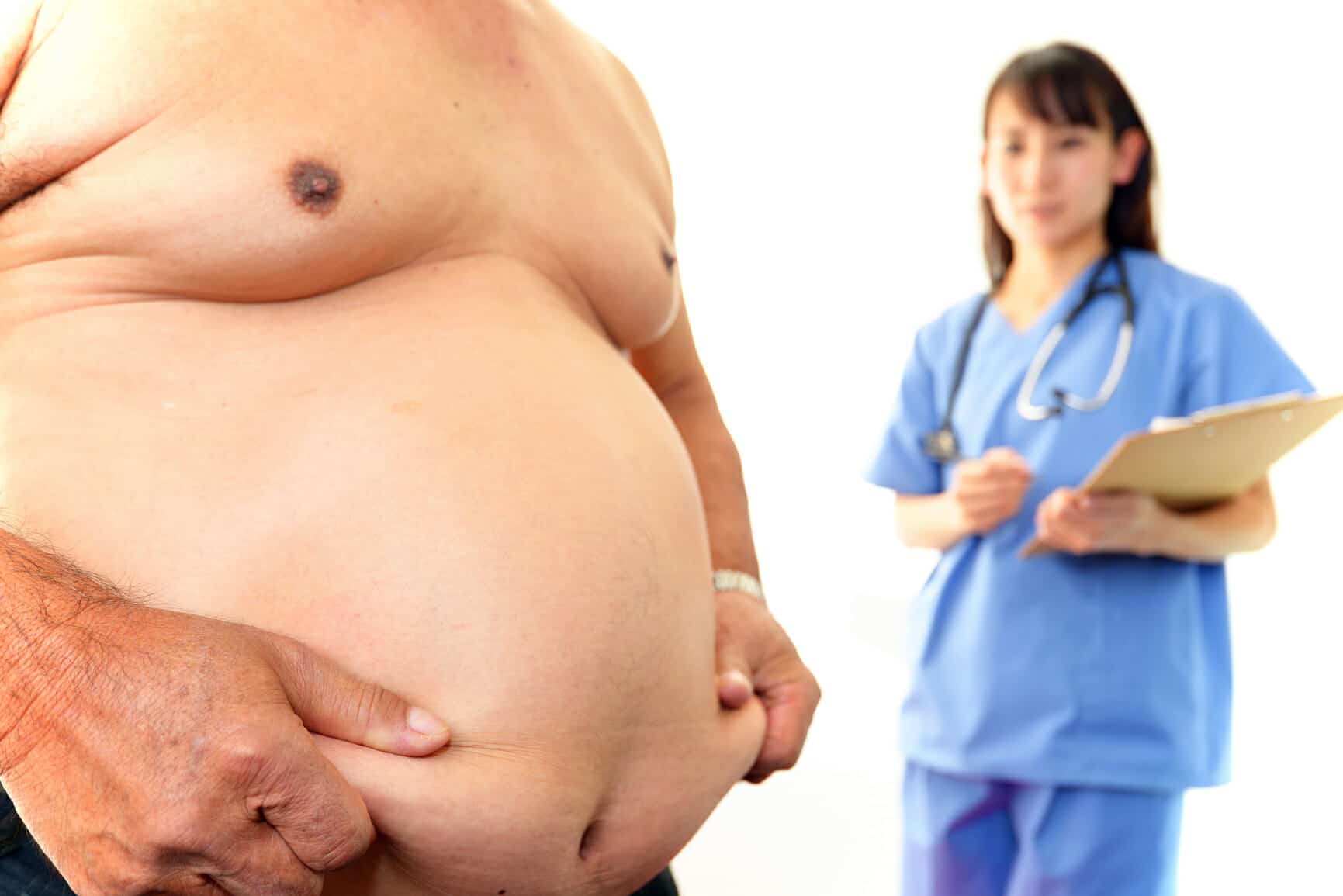It seems like it should be a simple formula, your body mass increases when you take in more calories, and decreases when you burn off unwanted calories, yes, it’s that simple. Well, okay, it’s really not, but understanding caloric intake and your body mass index is important if you are trying to watch your weight, lose weight, or build muscle. Body mass index is a number that represents your weight distribution, for average persons it is a good indicator of whether or not you are overweight.

The first thing you should know about caloric intake is that it is better to eat several small meals daily, with a couple of snacks in between, rather than eating one or two large meals. This keeps your metabolism high and working to burn those calories. If you eat only one or two medium to large sized meals daily, your body”s metabolism will slow in an effort to preserve those calories if you are not exercising to burn them.
Basal Metabolic Rate (BMR) is the dietary energy intake measured in calories that is needed to sustain your body and maintain your weight. During the first few years of life, during stages of rapid growth, both girls and boys need around 1000 calories per day from a balanced diet for proper nutrition for proper development. When the child reaches 4 years of age until around age 8, they will need approximately 1600-1700 calories daily to maintain and sustain their body.
At the ages of 9-13, the child needs 2000-2300 calories and then when they reach 14 their caloric intake starts to spread more. At this age boys need about 3200 calories daily while a girl will only require about 2300. This difference is largely in part that in early adolescence both males and females are approximately the same size and when they reach puberty the girls growth rate slows while the male will continue to grow larger and develop more muscle mass.

A more sedentary lifestyle requires less caloric intake, and if you aren”t getting much exercise yet are eating large amounts of calories, you will find yourself staring at a high body mass index that not only may be unsightly, but downright unhealthy. Proper diet and exercise are very important for your health. Being overweight can lead to many health issues such as diabetes, heart disease, and high blood pressure to name a few.
Exercise not only conditions the body and builds strong muscle, but it maintains your metabolism so that your body will properly utilize the calories that you take in, and will help you to burn the calories that you don”t need. Exercise for health maintenance doesn”t have to be strenuous or weight bearing, simply walking combined with a proper nutritional diet and proper caloric intake will help you maintain a proper, pleasing, and healthy BMI (body mass index).








Reply